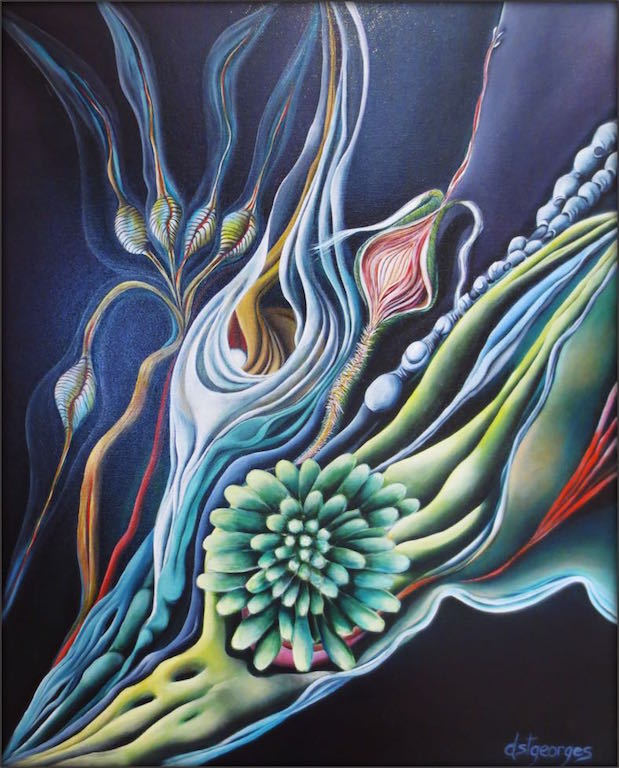Wilderness, the Body, Poetics, and the Crane: Curriculum in Four Parts
DOI :
https://doi.org/10.25071/1916-4467.40311Mots-clés :
wilderness, consciousness, language, play, creativity, bodyRésumé
Written as a circuitous reflection on curricular lessons from nature, each of the four parts highlights endangered aspects of learning that if not attended will jeopardize who we are as a species. Attention to wilderness, non-dual consciousness, and the body, along with the centrality of instincts guide part one. Creation myths, wisdom traditions, and the Hermetic arts, including language and play, lead part two while body and nature maintain a necessary yet oft unrecognized container. The wild, poetics, and creativity shape part three, honouring the subtle role of language via the body. Part four brings the crane to the foreground, with its psychological symbolism as well as its anthropological and mythological history, an image to provoke curricular remembering of its ancestral roots. Together the four parts call for awareness to our forgotten bodily relations, as reflected in language and relationships with the natural world and all its life forms, while amplifying the storybird crane.Téléchargements
Publié-e
2016-11-25
Comment citer
Fidyk, A. (2016). Wilderness, the Body, Poetics, and the Crane: Curriculum in Four Parts. La Revue De l’association Canadienne Pour l’étude De Curriculum , 14(1), 199–210. https://doi.org/10.25071/1916-4467.40311
Numéro
Rubrique
Provoking Curriculum as Inspirited Topographies
Licence

Copyright for work published in JCACS belongs to the authors. All work is licensed under a Creative Commons Attribution-ShareAlike 4.0 International license.


